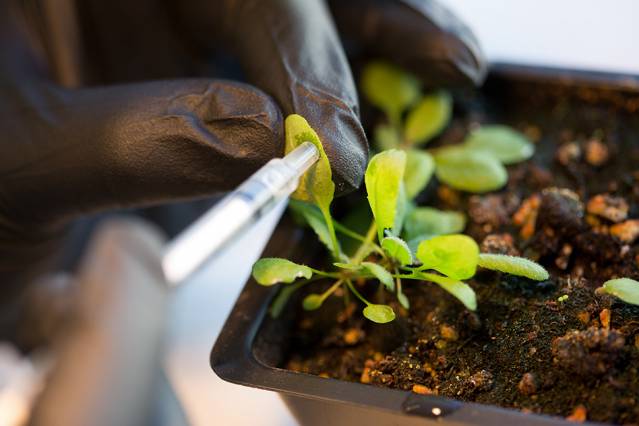Scientists have discovered that carbon nanotubes can boost plant growth if they are treated to be more soluble and are absorbed by plants. One research group has even produced ‘bionic plants’ by inserting carbon nanotubes into plant chloroplasts, suggesting that this may enhance photosynthesis. Carbon nanotubes have also been touted as potential directed delivery systems for pesticides, fertilisers, and other chemicals because of their ability to easily penetrate membranes like the cell walls of plants.
Sound good?? Er, no. Okay − so what’s wrong with us giving plants a carbon boost? Well for a start, carbon nanotubes are highly toxic to aquatic life − including algae, fresh water fleas and some fish species, even at very low concentrations. They have anti-microbial properties – raising serious questions about their impacts on soil microorganisms. They are one of the least bio-degradable and most energy-intensive materials made by humans. They have been shown to migrate to the leaves and fruit of some plants − and some studies have raised concerns they may bioaccumulate. Oh, and mouse experiments suggests the inhalation of carbon nanotubes will cause severe lung disease and promote lung cancer. All in all, the idea of putting carbon nanotubes inside plants is surely a little shop of horrors…


